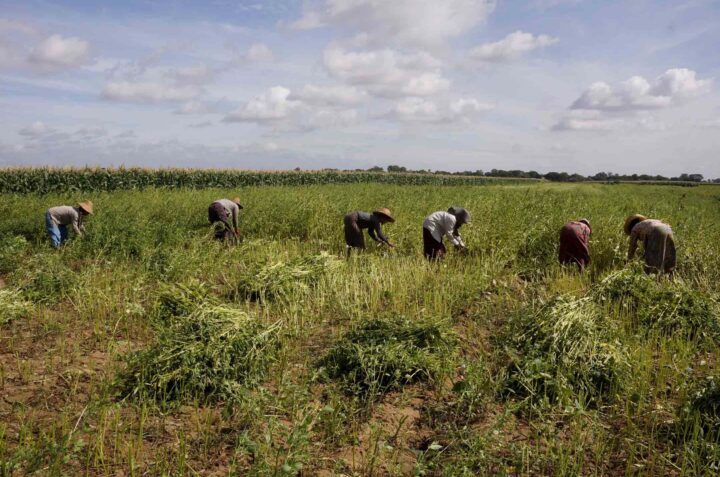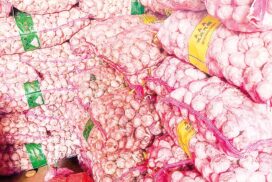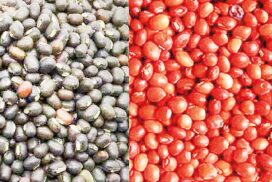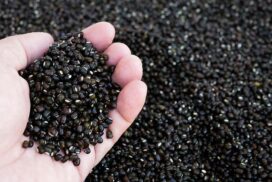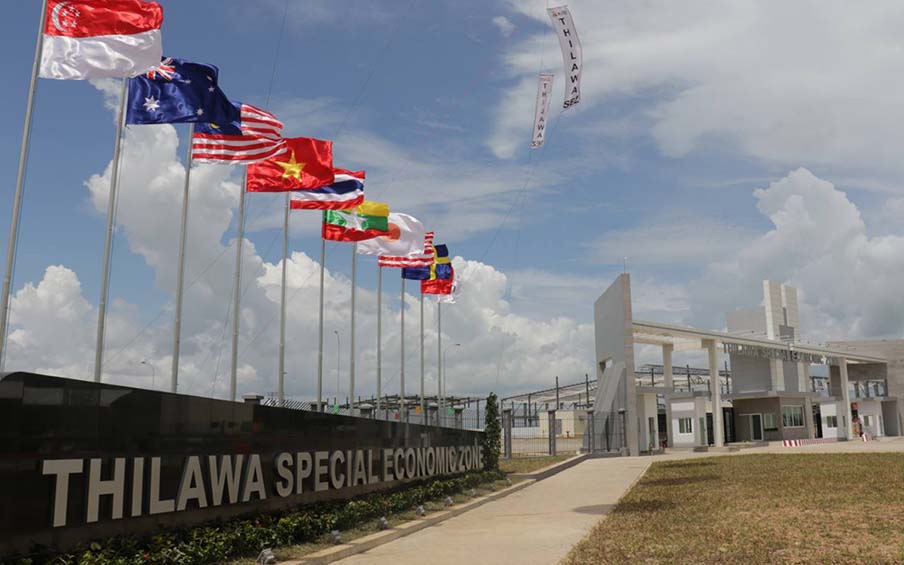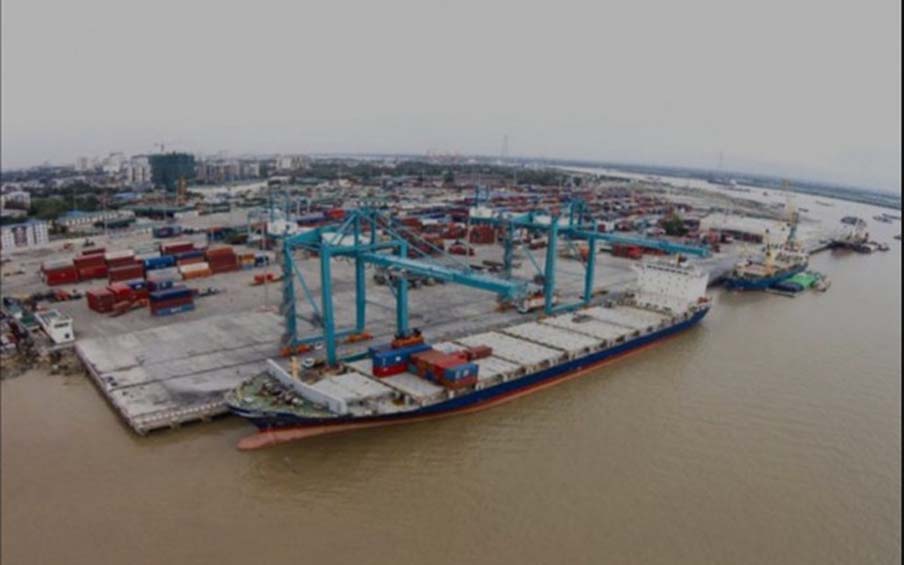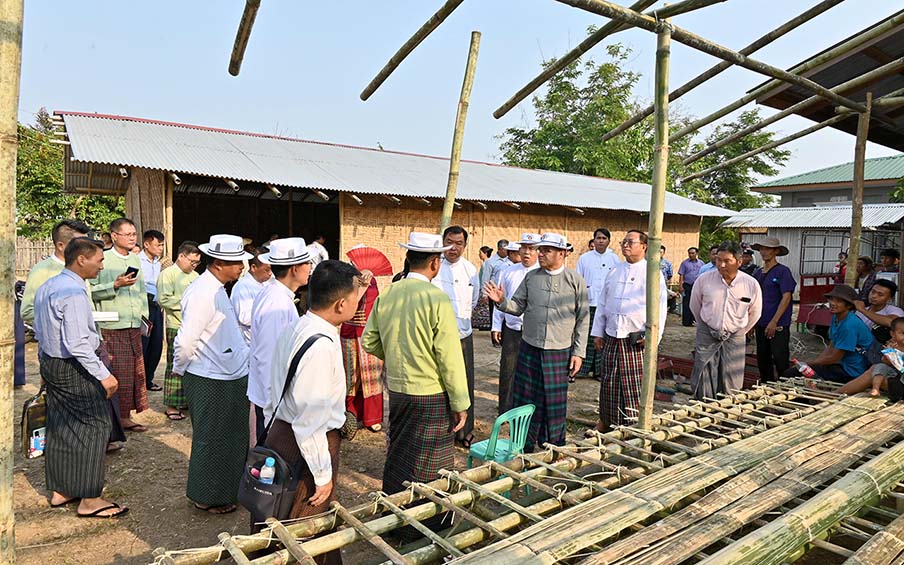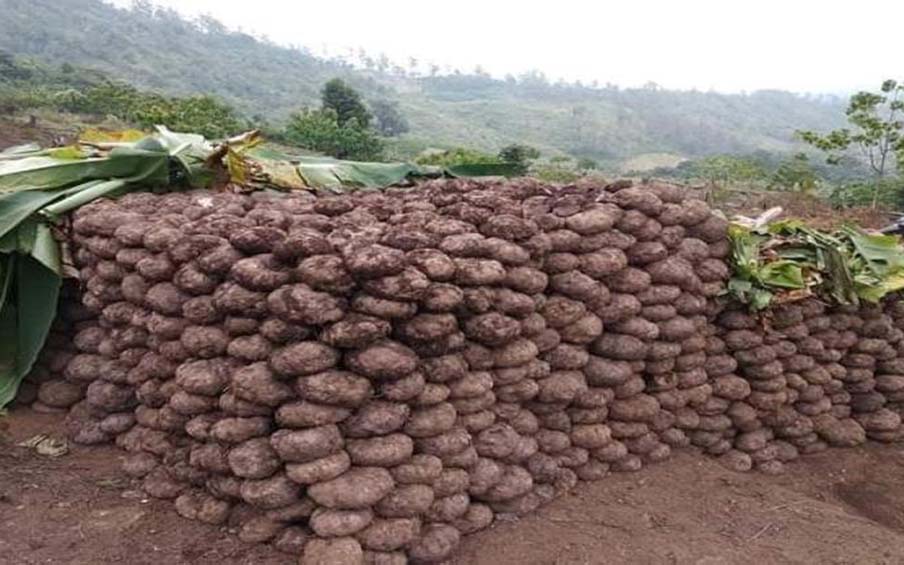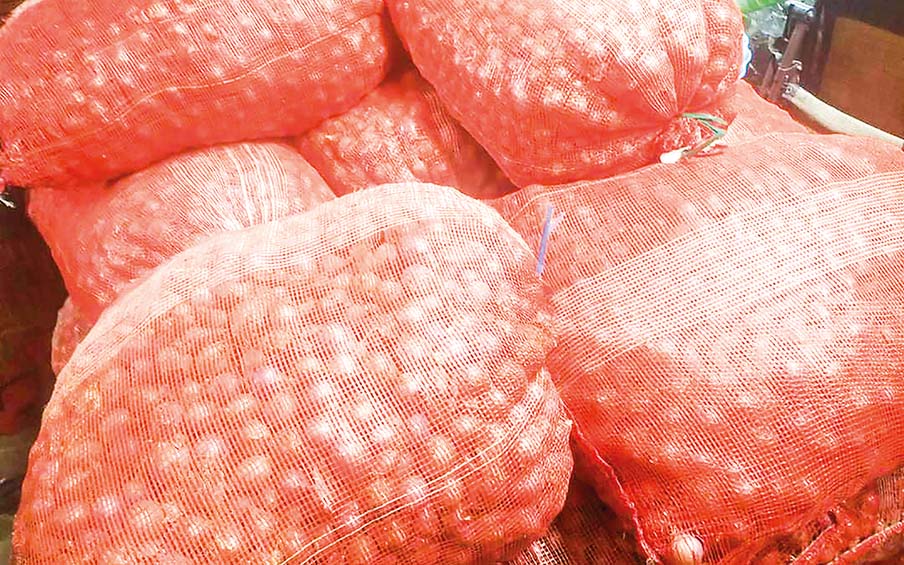The price of black sesame has been rising in the Mandalay commodity depot since early October, with the price of a three-basket bag rising to about K50,000, according to the Mandalay wholesale market.
Last September, the rising of foreign exchange rates caused the exported variety pulses prices to remain on an upward trend. The price of black bean stood at K200,000 per three-basket bag, while the pigeon pea fetched at K150,000 per bag and the green gram was priced at K140,000 per bag. Now, the value of the Kyat against the US dollar dropped. Due to the closure of the Chinese border checkpoints, the price of domestic pulses will not fall. Due to an export ban by China last August, Myanmar shipped its products to China through Laos according to the Mandalay wholesale market.
Normally, Myanmar exports about 80 per cent of sesame production to foreign markets. China is the main buyer of Myanmar sesame, which was also shipped to markets in Japan, South Korea, China (Taipei), the UK, Germany, the Netherlands, Greece, and Poland among the EU countries.
Sesame is selling well in the market these days. The black sesame fetched K150,000-K250,000 per bag depending on the quality. The price has been rising for about a week. It sharply rose to K50,000 per bag in early October. The price of black sesame stood at K170,000 per basket in the early harvest season, according to the Mandalay wholesale market.
Sesame is cultivated in the country throughout the year. Magway Region is the main producer of sesame seeds. The seeds are also grown in Mandalay and Sagaing regions.
The volume of sesame exports has registered over 96,000 metric tons, worth $130 million, in the financial year 2015-2016; $100,000 tonnes, worth $145 million, in the 2016-2017FY; 120,000 tonnes, worth $147 million, in the 2017-2018FY; 33,900 tonnes valued $43.8 million in the 2018 mini-budget period, 125,800 tonnes, worth $212.5 million in the 2018-2019FY and over 150,000 tonnes of sesame, worth $240 million in the previous 2019-2020FY, the trade data of the Central Statistical Organization indicated. — Aye Maung/GNLM
Black sesame price rises by K50,000 per three-basket bag
- October 28, 2021
- 586
